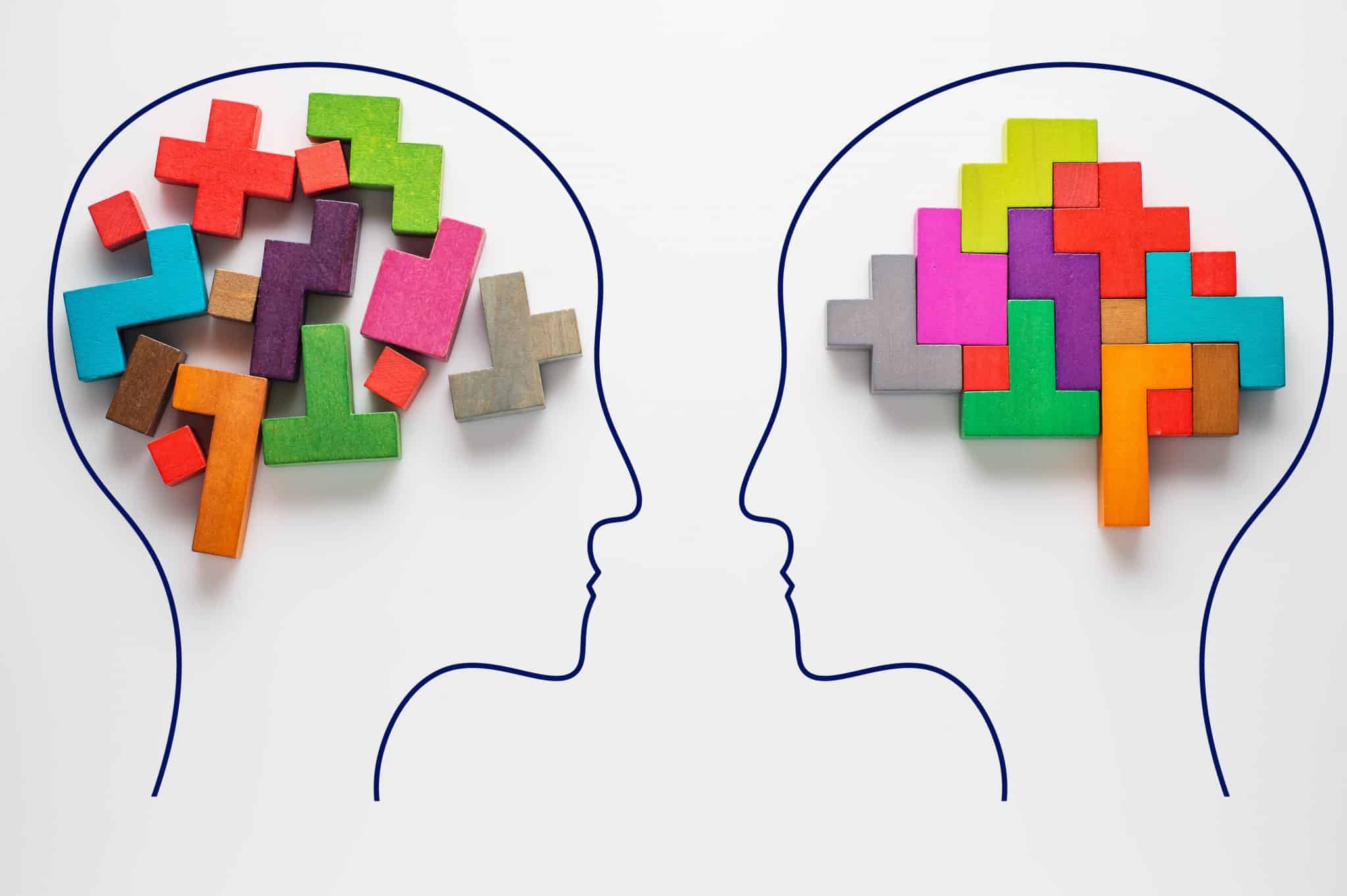As human beings, we all crave connection, closeness and intimacy in our relationships. When relationships become co-dependent, they quickly turn unhealthy and detrimental to our well-being. Co-dependent relationships are characterised by a lack of boundaries, an unhealthy reliance on one another for emotional and physical needs, and a sense of responsibility for the other person’s feelings and behaviours.
Suppose you find yourself in a co-dependent relationship. In that case, it is essential to recognise the importance of Empathy and the ability to understand and share another person’s feelings, and it’s the cornerstone of healthy relationships.
Codependency and Empathy for yourself and your partner
These steps might help feed your relationship with yourself and others:
- Learn to recognise our own emotions: It can be not easy to recognise our own emotions in a co-dependent relationship, as there is often a lot of focus on the other person’s feelings and needs. It is essential to reflect on our emotions and needs and learn to communicate them clearly to our partners, and this can help us better understand each other’s perspectives.
- Practice active listening: When our partner shares their feelings or experiences with us, we can practice active listening by focusing on what they are saying without interrupting or trying to fix the problem. We can repeat what we’ve heard to ensure we understand their perspective.
- Put ourselves in their shoes: When our partner is struggling with something, we can try to imagine how we would feel if we were in their situation. This can help us understand their perspective and respond with Empathy.
- Practice self-care: Taking care of ourselves is essential in cultivating Empathy. When stressed or burned out, it’s much harder to empathise with others. We can ensure we care for our physical, emotional, and mental health by getting enough sleep, eating well, and engaging in activities that bring us joy and fulfilment.
- Set healthy boundaries: Co-dependent relationships often lack boundaries, which can make it challenging to cultivate Empathy. We can set clear boundaries around our needs and expectations and communicate them to our partners, which can help both partners feel more secure and supported.
- Seek outside help if needed: If we’re struggling to cultivate Empathy in our co-dependent relationship, we can consider seeking outside help from a therapist or counsellor. They can provide guidance and support as we work to break the cycle of codependency.
Cultivating Empathy takes time and effort, but it’s worth it. When both partners can empathise with each other’s feelings and needs, it can lead to a more fulfilling and healthy relationship. Remember, Empathy requires an internal space, awareness and skill that can be developed and practised, and it’s never too late.
It’s important to remember that cultivating Empathy is not a one-time thing; it’s an ongoing process that requires patience, understanding, and commitment. It’s natural to experience setbacks along the way. Still, by staying committed to the process, we can break free from the cycle of codependency and build healthier, more fulfilling relationships.

Therapy Helping Cultivating Empathy In Co-dependent Relationships
In our co-dependent relationships, we often find ourselves stuck in a cycle of repeating the same patterns and behaviours repeatedly. We may struggle to communicate successfully or neglect our needs to focus on our partner’s needs. This can lead to feelings of frustration, resentment, and even hopelessness. Integrative therapy can offer a path forward, providing a safe and compassionate space to explore our emotions and develop the skills necessary to cultivate Empathy in our relationships.
One of the critical benefits of integrative therapy is that it allows us to explore our past experiences and traumas that may be contributing to our codependency. By understanding the root causes of our behaviours and patterns, we can develop new methods for managing difficult emotions and building healthier relationships. We may also explore how our own experiences have shaped our ability to empathise with others and work to develop greater self-awareness and self-compassion.
In addition, integrative therapy can help us build essential communication skills, such as active listening and assertiveness. By learning how to express our needs and feelings healthily and successfully, we can build stronger connections with our partners and avoid misunderstandings and conflicts. We may also explore how our communication style may contribute to our codependency and develop new methods for setting healthy boundaries and prioritising our needs.
Another critical aspect of integrative therapy is that it emphasises the importance of self-care. In co-dependent relationships, we may neglect our needs to focus on our partner’s needs. However, this can lead to feelings of burnout, resentment, and even illness. Integrative therapy can help us develop greater self-awareness and self-compassion and learn to prioritise our needs and well-being. By doing so, we can build a stronger foundation for Empathy in our relationships as we learn to care for ourselves and our partners healthily and sustainably.
Ultimately, integrative therapy can be a powerful tool in supporting the cultivation of Empathy in co-dependent relationships. Providing a holistic and flexible approach to therapy can help us develop a deeper understanding of ourselves and our partners while also building essential skills for healthy communication and self-care. Whether seeking therapy as a couple or individually, integrative therapy can offer a supportive and compassionate space for us to break free from the cycle of codependency and build more fulfilling and empathic relationships.
Cultivating Empathy is vital in breaking the cycle of codependency in our relationships. By recognising our own emotions, practising active listening, putting ourselves in our partner’s shoes, practicing self-care, setting healthy boundaries, seeking outside help if needed, and fostering other habits like mindfulness and gratitude, we can build healthier, more fulfilling relationships with our loved ones. Remember, developing Empathy is a process that requires patience and commitment, but the benefits of doing so are well worth it. Let’s make the effort to cultivate Empathy in our co-dependent relationships, and build stronger, healthier connections with those we care about.

